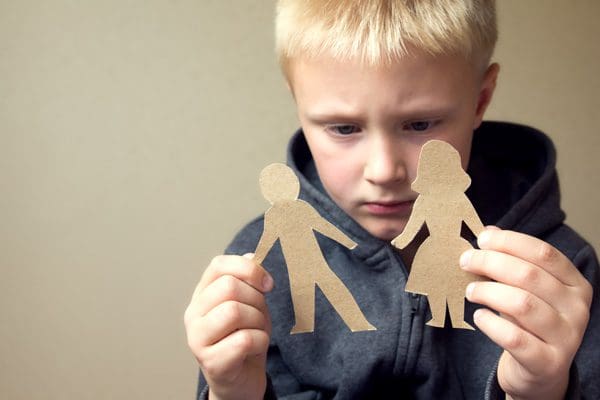 Mental health encompasses a person’s psychological, emotional and social well-being.
Mental health encompasses a person’s psychological, emotional and social well-being.
Our mental health dictates how we feel, think and act. It determines how we handle stress, make choices, and relate to other people.
In children, mental health means achieving emotional and developmental milestones, learning social skills, and learning ways to cope with problems. Mentally healthy children are able to function well at home, in school, and in the community. Negative changes in the way children usually behave, the way they learn, or the way they handle their emotions can be indicative of mental health problems.
Effects of Parental Substance Abuse on a Child’s Mental Health
It’s no surprise that parental substance abuse (alcohol and/or drugs) has detrimental and enduring behavioral, emotional, cognitive, and psychosocial consequences for children. Studies indicate that these children have an eight-fold risk of developing a substance use disorder. Another study indicates that 66% of school-aged and adolescent children of cocaine or opiate-abusing mothers exhibit at least one psychiatric diagnosis. They are at higher risk for internalizing and externalizing disorders.
In other words, parental substance abuse negatively affects a child’s mental health. Some examples of childhood mental disorders associated with having substance-abusing parents are:
- Impaired learning capacity (ADHD)
- Behavior disorders (trouble adjusting, violence, a controlling attitude in relationships)
- Tendency to develop substance use disorders
- Mood and Anxiety Disorders (low self-esteem, depression)
- PTSD (sleep disorders, flashbacks, anxiety, depression)
These mental health disorders are generally categorized as two types:
- Behavioral problems that are directed outward – these include ADHD, oppositional defiant disorder, and conduct disorder. Outward behavioral disorders are more common in boys.
- Behavioral problems that are directed inward – these include anxiety and depression. Inward behavioral disorders are more common in girls.
Children of Alcoholics (COAs)
COAs are at higher risk of mental health problems compared to non-COAs. How severe these problems develop in the child depend on how deep the family dysfunction is and how much other family members can compensate. Male COAs tend to be more stressed and anxious compared to other boys and have a higher likelihood that they will also start drinking alcohol or using other substances to cope with their feelings of anxiety. COAs have lower self-esteem and tend to be more impulsive and aggressive than non-COAs. Preschool COAs tend to be shy, perhaps due to a home situation that inspires fear and uncertainty. This link between alcoholism and childhood mental health disorders may very well be because alcoholism prevents healthy parenting or simply because COAs are genetically predisposed to psychiatric disorders. Psychiatric disorders are more common among COAs where both parents are alcoholic as compared to just one.
Children of Illicit Drug Users
Children whose parent(s) are drug abusers or who are under treatment for drug abuse are more likely to demonstrate immature, irresponsible, or impulsive behavior; have lower IQ; have more absences from school; and have behavioral problems, anxiety, and depression. They tend to be aggressive, disobedient, and withdrawn. These things are especially true if the drug-abusing parent is the mother. Children are less confident in their ability to make friends and thus have fewer friends and are more likely to be avoided by their peers.
Not all children living with alcohol or substance-abusing parents suffer from mental health problems. It is important to point out that certain factors exist in families with drug-dependent parents, such that parenting is disrupted and the children often suffer as a consequence. One study showed that parenting problems accounted for 49% of the variance in behavior problems among children in families where substance abuse is present.
With the right counseling, children of drug abusing parents can make the necessary adjustments to live normal lives. However, avoiding a situation where children end up dealing with substance abusing parents is obviously best. Fortunately, many counseling services exist for parents to help them break the cycle of substance abuse and give their children the chance for a more normal upbringing.
For a confidential consultation, or to find out more about our Atlanta rehab centers, please contact us anytime at (770) 202-2212. We’re here to help.




